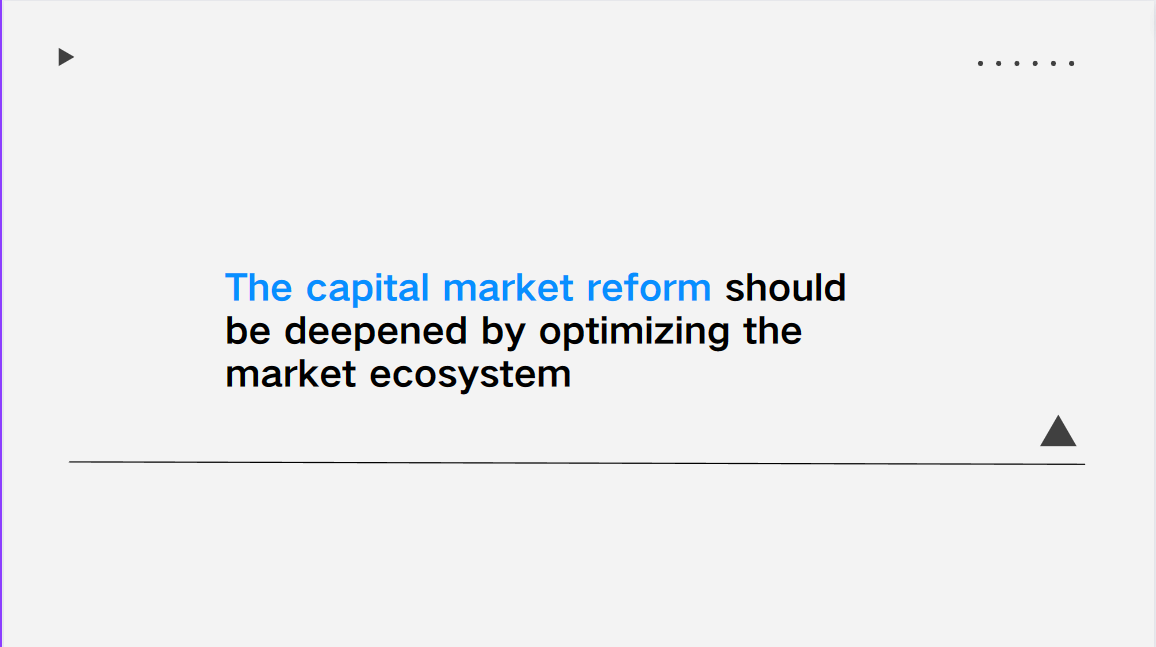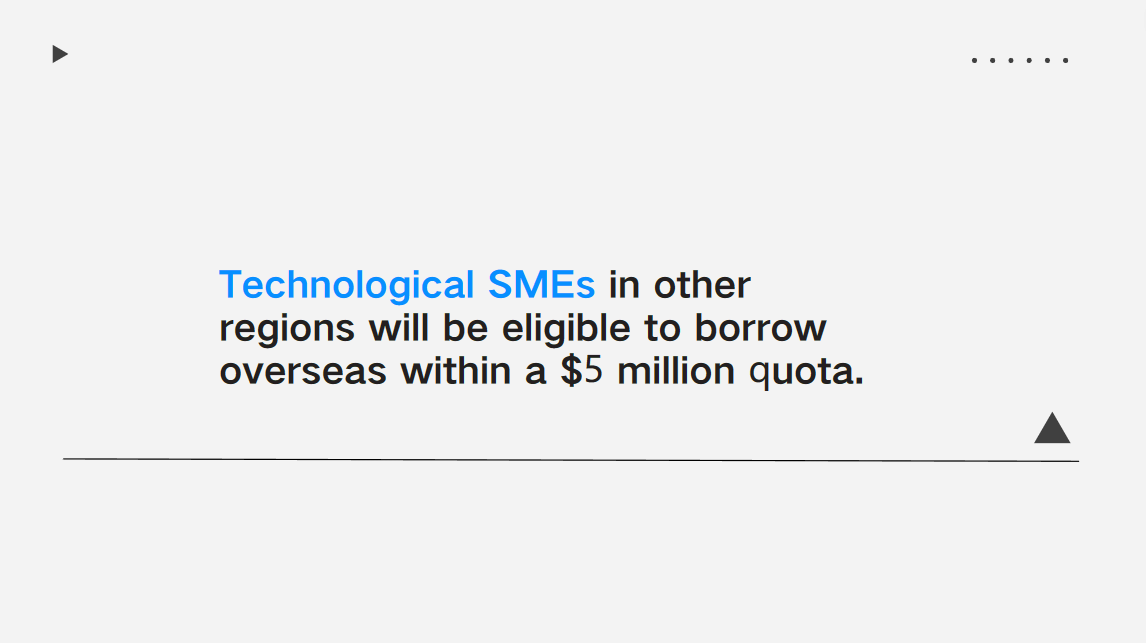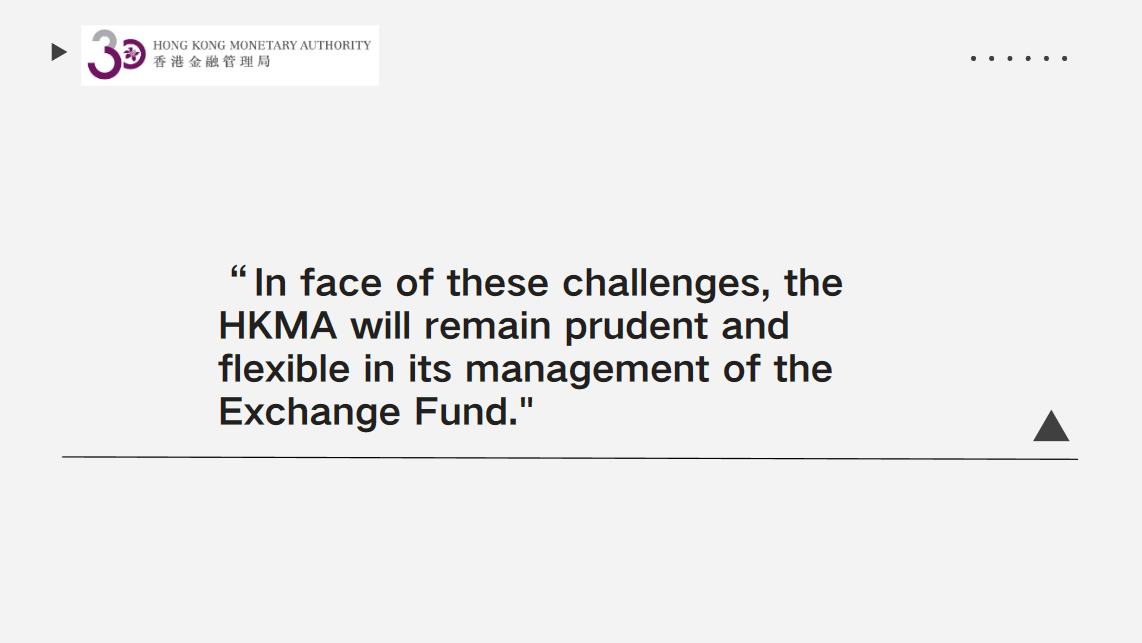Pan Gongsheng, longtime banking official, appointed as new head of China's central bank
China's top legislature on Tuesday appointed Pan Gongsheng, former deputy governor of China's central bank the People's Bank of China (PBC) and a longtime banking official, as the new governor of the PBC, at a crucial time as the central bank is expected to take policy steps to boost economic growth amid downward pressure.
The decision was adopted at the fourth session of the Standing Committee of the 14th National People's Congress. At the meeting, Yi Gang was removed from the post of the central bank governor.
Pan, with his extensive experience in the financial sector, has previously worked at various financial institutions, including the Industrial and Commercial Bank of China and the Agricultural Bank of China. He became a deputy governor of the PBC in June 2012, and later, in December 2015, he assumed the role of the party secretary of the State Administration of Foreign Exchange. On July 1, Pan who just turned 60 was appointed as the party secretary of the central bank.
During his tenure as deputy governor of the PBC, Pan frequently provided authoritative responses on topics of public concern, such as the exchange rate of the Chinese yuan, financial openness, monetary policies, and real estate.
Regarding the trend of the yuan exchange rate and the operation of the foreign exchange market, Pan spoke out at the right time to provide "reassurance" for the market at that time. He emphasized that the country's foreign exchange market is expected to maintain a relatively stable operation and the government has the confidence, conditions, and ability to maintain the stable operation of China's foreign exchange market.
He has been involved in addressing many critical financial issues and facing challenges in the financial market. On April 12, 2021, the PBC, the China Banking and Insurance Regulatory Commission, the China Securities Regulatory Commission, and the State Administration of Foreign Exchange jointly interviewed Ant Group, and Pan represented the four departments in responding to questions during media interview.
During the interview, he acknowledged that the rapid development of financial technology and platform economy played a significant role in improving financial service efficiency, financial inclusiveness, and reducing transaction costs. However, due to its characteristics of crossing borders, blending industries, and operating across regions, the speed of risk transmission was faster, the scope of impact was broader, and the negative spillover effects were stronger. This has posed new challenges for financial regulation and has become a common issue faced by regulatory authorities around the world.
Pan also expressed that the Chinese financial regulatory authorities are willing to strengthen cooperation with international financial organizations and regulatory authorities in various countries in areas such as anti-monopoly, data regulation, operational management, and consumer protection.
Such cooperation is to promote the formulation of regulatory norms for financial technology, enhance regulatory coordination, and jointly create an open, inclusive, and secure financial technology ecosystem, Pan said at the time.
During a press conference in Beijing, officials from the PBC also said that challenges cannot be avoided and are normal during the economic recovery process, which usually takes about a year, and China is only halfway through. They also vowed further policy support to boost growth in the second half of the year, including possible cuts to the reserve requirement ratio.





















































First, please LoginComment After ~